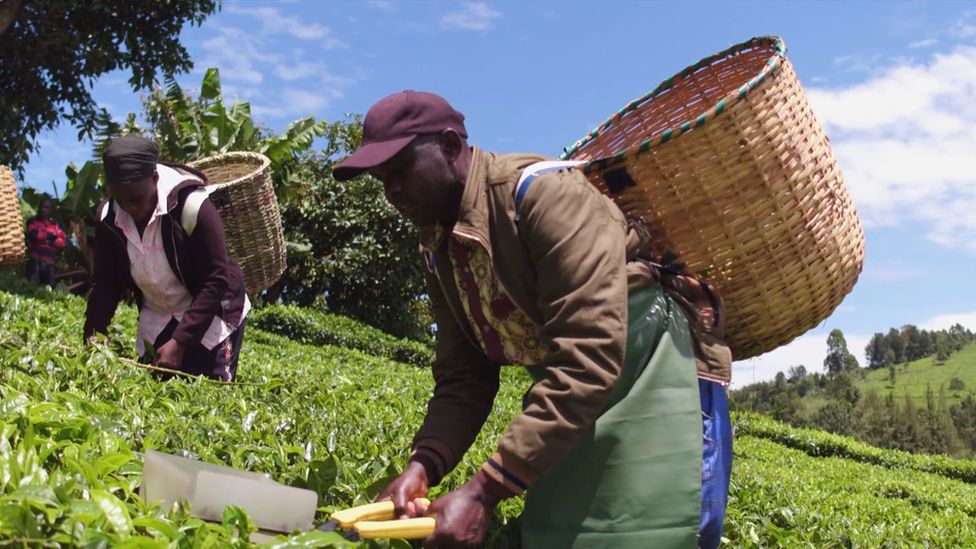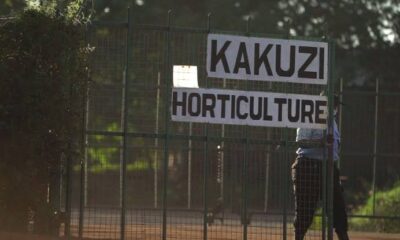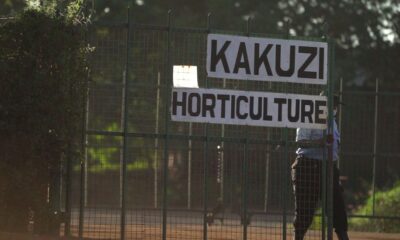More trouble is brewing for one of the world’s largest tea producers, James Finlay, as 1,300 former tea pickers have now filed fresh suits against the multinational in Scotland seeking compensation for injuries suffered as a result of harsh working conditions.
Behan & Okero Advocates has confirmed the cases have formally been filed in Scotland, and several other workers could follow suit by lodging more claims against the multinational.
The fresh cases have pushed claims against James Finlay to Sh2.614 billion, even as the Kenyan courts hold the keys to a crucial inspection of farms where workers say they suffered injuries.
Behan & Okero Advocates is working with Wales-based Hugh James Solicitors, the law firm that successfully represented coal miners in a £2 billion (Sh301 billion) compensation claim against the Welsh government, and Scotland’s Thompson Solicitors in the Edinburgh cases.
For James Finlay, the cases have opened a can of worms.
Aside from the risk of paying billions of shillings in reparations, the company is staring at potential boycotts in the United Kingdom where multinationals with a Kenyan presence have previously become pariahs on account of human rights abuses.
Last year, Kakuzi PLC was blacklisted by top retail chains in Europe after a group of neighbouring residents sued the multinational’s parent companies for injuries allegedly sustained from vicious assault by guards protecting avocado farms.
Kakuzi lost hundreds of millions after top retailers like Tesco and Sainsbury’s suspended purchase of avocadoes grown in the multinational’s farms in Murang’a.
Seven Kenyans fired the first salvo in the All Scotland Sheriff Personal Injury Court, filing a suit in 2017 demanding that James Finlay Kenya compensates each of them with Sh2 million for injuries suffered on the multinational’s farms in Kericho and Bomet counties.
Elly Okongo Ingang’a, Lucas Onduse Omoke, Vitalis Otieno Muga, Rebecca Okenyuri Nyakondo, Joice Mongare Ochoi, Christopher Owamba Chuma and Gesula Matela Idinga each filed individual cases in Edinburgh, Scotland.
The seven claims filed on May 8, 2017, were test cases, which were to open the door for thousands of other past and present workers to sue James Finlay.
Both sides of the compensation war agreed that Scotland’s courts have the authority to determine the dispute.
James Finlay is enjoying orders barring the inspection until local courts adopt the directions issued by Scottish judge Kenneth McGowan.
But for three years, lawyers representing the claimants have been unable to access James Finlay’s farms to allow experts collect evidence intended for the Scottish cases.
The inspection was barred following a case filed by James Finlay, which has revealed a gap in local laws that could affect other cases in which foreign courts where orders are issued for enforcement in Kenya.
Kenya’s laws only refer to adoption of foreign judgments, or orders issued at the end of a case.
The Foreign Judgments (Reciprocal Enforcement) Orders Act does not give direction on how to deal with court orders issued in foreign courts and which are not final in nature.
Kenya’s Supreme Court has now been asked to determine whether there is need to get a local endorsement of foreign orders in instances where both parties have agreed to have a matter determined by judges in other countries.
The seven claimants also want the top court to rule on whether foreign orders issued before the end of a case must be endorsed by Kenyan judges before execution.
The High Court and Court of Appeal have already pronounced themselves on the dispute, ruling that Kenya’s Judiciary must endorse orders issued by its foreign counterparts. The move has now stalled inspection of James Finlay farms, and by extension the cases in Scotland.
On December 18, 2018 Mr McGowan ordered James Finlay to allow a team of lawyers and scientists to inspect farms and collect evidence to be used in the seven test cases.
The inspection was to be done no later than February, 2019.
Kenya Insights allows guest blogging, if you want to be published on Kenya’s most authoritative and accurate blog, have an expose, news TIPS, story angles, human interest stories, drop us an email on [email protected] or via Telegram

 Investigations6 days ago
Investigations6 days ago
 Grapevine2 weeks ago
Grapevine2 weeks ago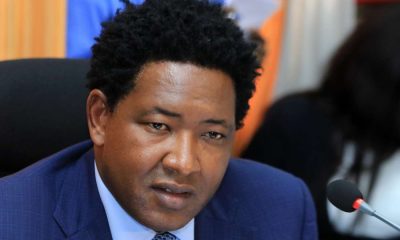
 News2 weeks ago
News2 weeks ago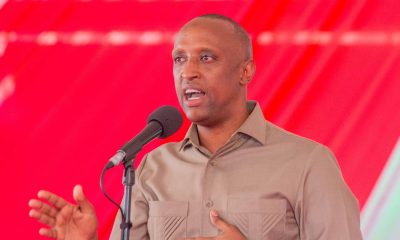
 Opinion2 weeks ago
Opinion2 weeks ago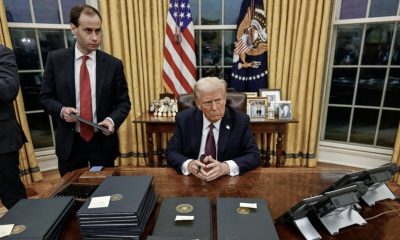
 Americas6 days ago
Americas6 days ago
 News1 week ago
News1 week ago
 Politics2 days ago
Politics2 days ago
 News6 days ago
News6 days ago
